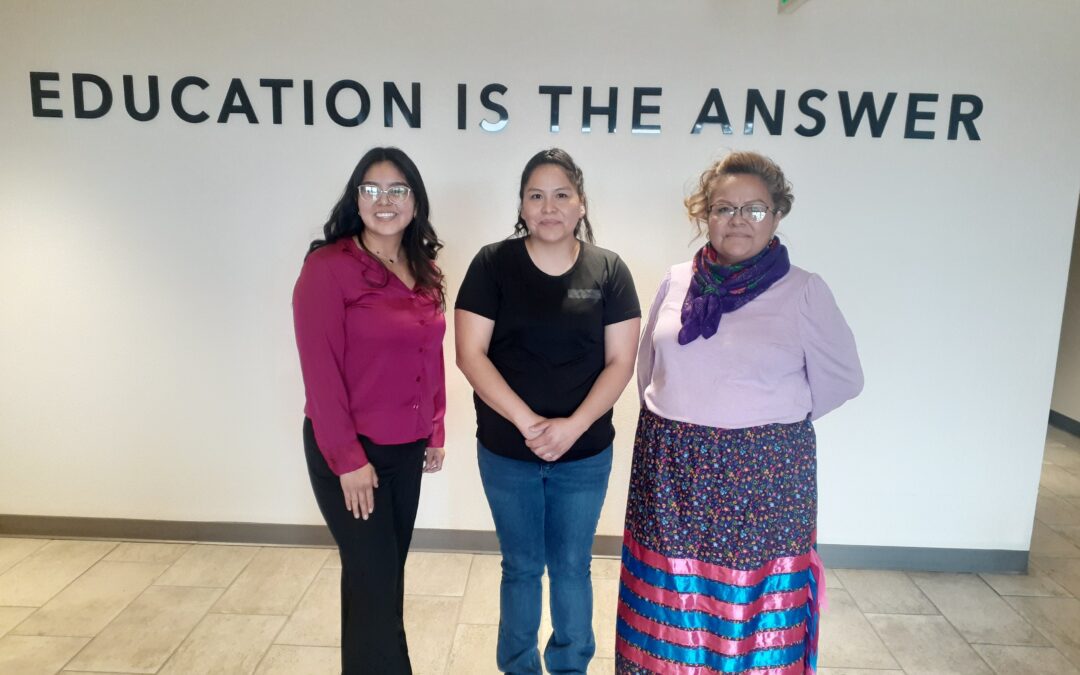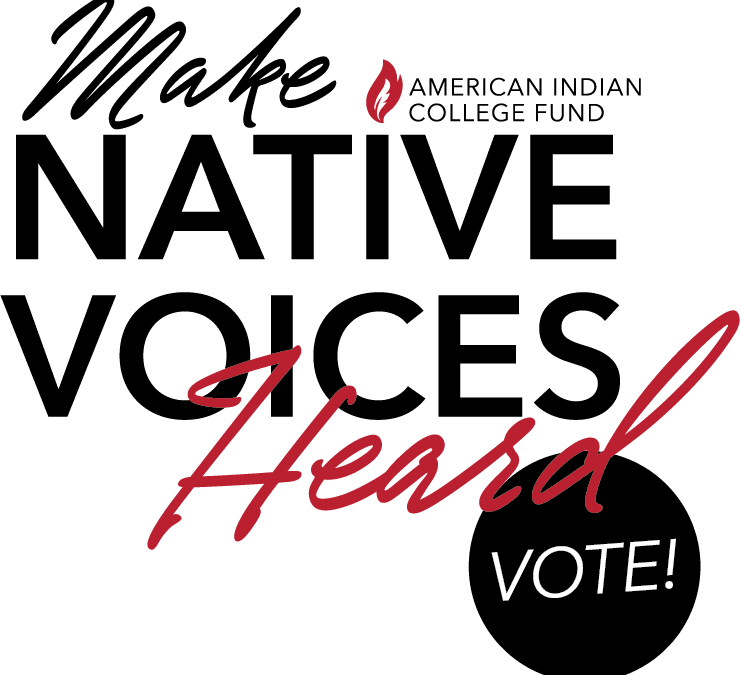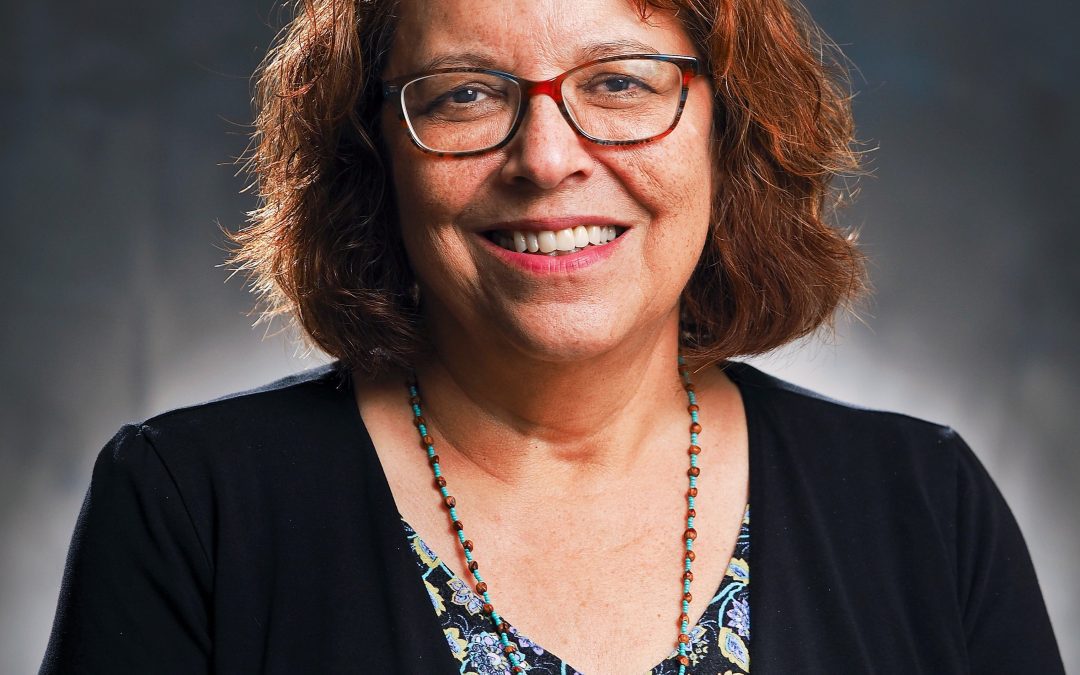Student Ambassadors
Be a student leader and serve your community.
Student Ambassador Program
The American Indian College Fund Ambassador Program was established in 2015 to strengthen students’ and alumni personal and professional skills and to represent the College Fund.
Ambassador Program Details
The American Indian College Fund Ambassador Program was established to create a mutually-supportive relationship between the College Fund and selected scholarship recipients to serve as ambassadors and enhance professional skills. Program elements are designed to strengthen personal and professional voice and skills through active representation and reflection of the mission of the College Fund.
The program, as a form of practicum, aims to create knowledgeable College Fund community representatives to aid in peer-to-peer resource sharing and support for scholarships and other College Fund initiatives both on-and-off Tribal College and University campuses. This program also aims to provide a pool of speakers and/or participants for College Fund educational and fundraising events across the country. It is a further intent that the training and representation of the College Fund at on- and off- campus events expands access to personal, professional, and academic opportunities.
ignore
tgsfgsg
Program Components
Ambassadors help spread awareness about the College Fund’s services and programs.
- Time Period: Minimum of one year
- Training: 5-day orientation and skill building opening session (This component may be in-person or virtual in 2023, depending on COVID restrictions. This 5-day period may include travel time and may be extended in unique travel circumstances)
- Virtual Trainings: Monthly sessions (webinars, interactive course work, etc.)
- Sample Topics: Presentation Skills, Power of Storytelling
- Individual/Peer Coaching Sessions:
- Sessions in which American Indian College Fund staff work with students to develop the stories and skills to improve the participation in fundraising and recruitment events. Peer Coaching sessions allow students to share experiences to improve performance and participation.
- Read more about our ambassadors Robin and Joaquin on the College Fund blog.
The 2024 Application is open from March 1st – April 26th.
Eligibility
American Indian College Fund Ambassador Program applicants must:
- be of a state or federally recognized Tribe or a descendant of a member;
- have and maintain a cumulative GPA of 2.8 or higher, if currently enrolled;
- be a current or past recipient of an American Indian College Fund scholarship (TCU or Full Circle);
- be a leader or engaged student in their home or university community;
- provide required reference from staff or faculty;
- be able to commit a minimum of one year to program participation; and
- be a currently enrolled student or alumnus/alumna of a Tribal College or University (preferred but not mandatory; mainstream college or university students are eligible).
Related Pages
Students Social Media
News & Events

May and Stanley Smith Charitable Trust Partners with American Indian College Fund to Support Native Student Veterans
The American Indian College Fund (College Fund) has received a $50,000 grant from the May and Stanley Smith Charitable Trust to implement a six-month fellowship focused on empowering Native student veterans to success. The Naabaahii Ółta’í (Student Warrior): Native Student Veterans Peer-to-Peer Program is a mentorship opportunity that builds relationships between veterans based upon their shared experiences.

American Indian College Fund Launches “Make Native Voices Heard” Voting Campaign
Native Americans are more impacted by the law than any other group in the United States. Native students in higher education, or seeking a higher education, in particular are impacted by federal and state laws impacting funding for education, such as Pell Grants, student loans, and federal funding for tribal colleges and universities (TCUs), 70% of which comes from federal sources.


